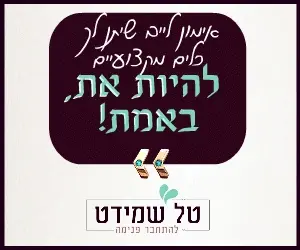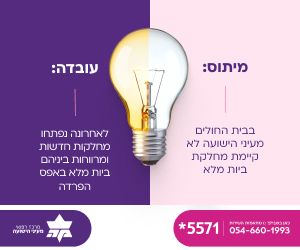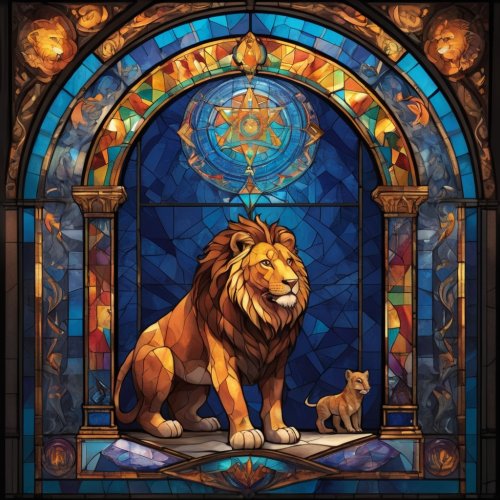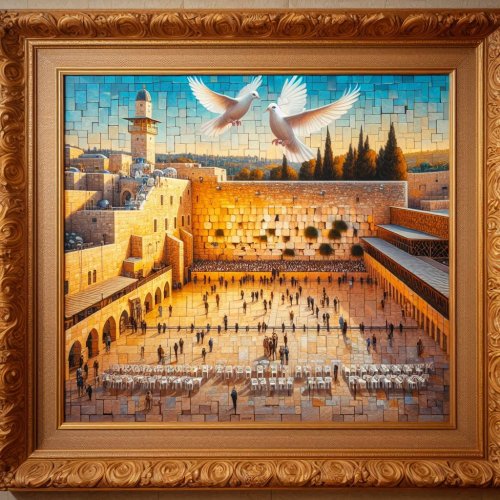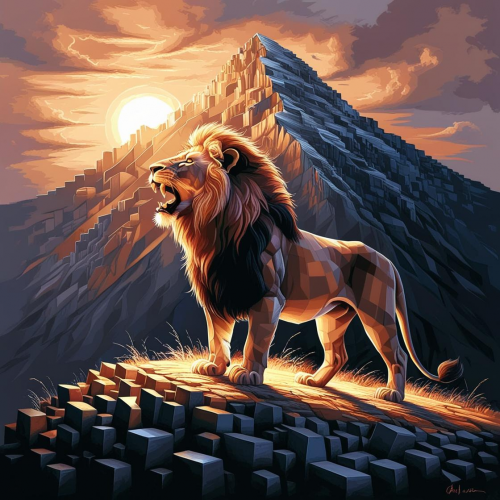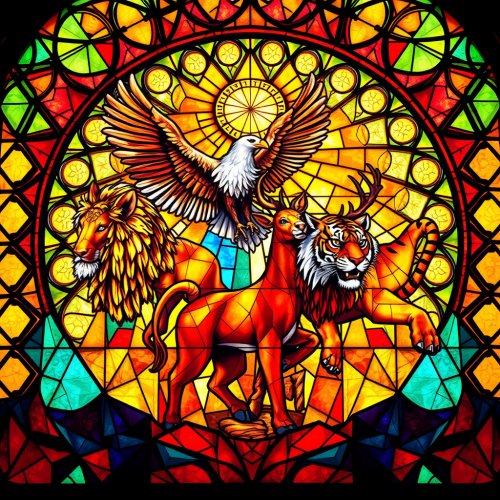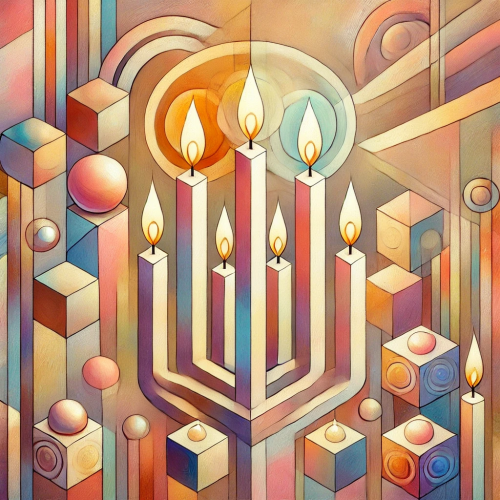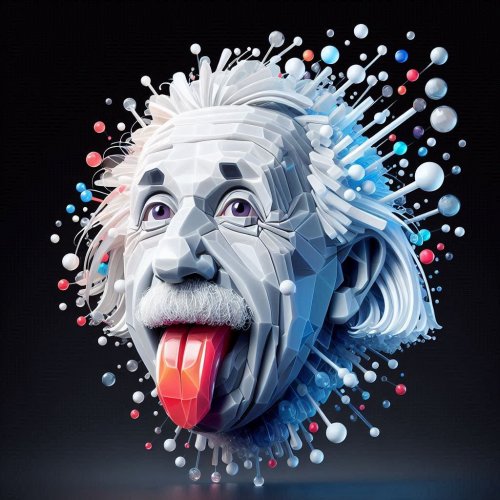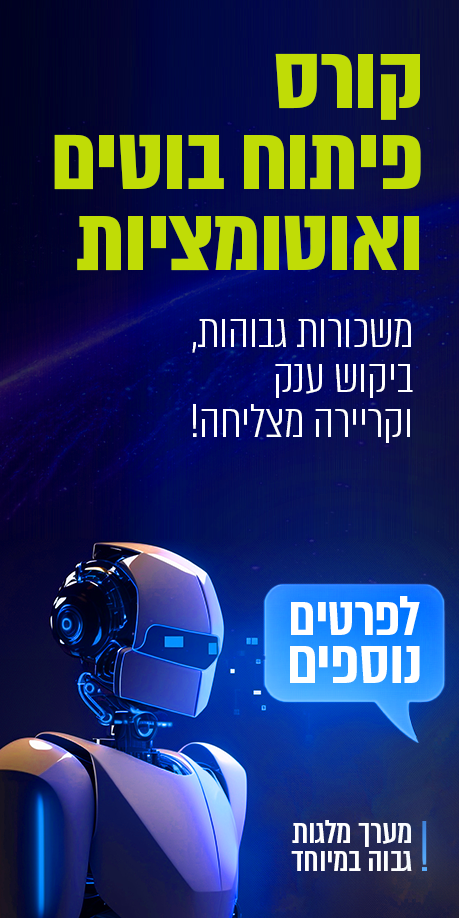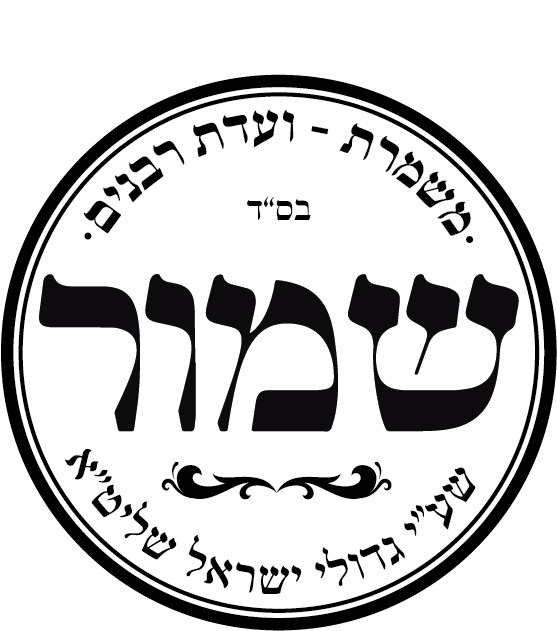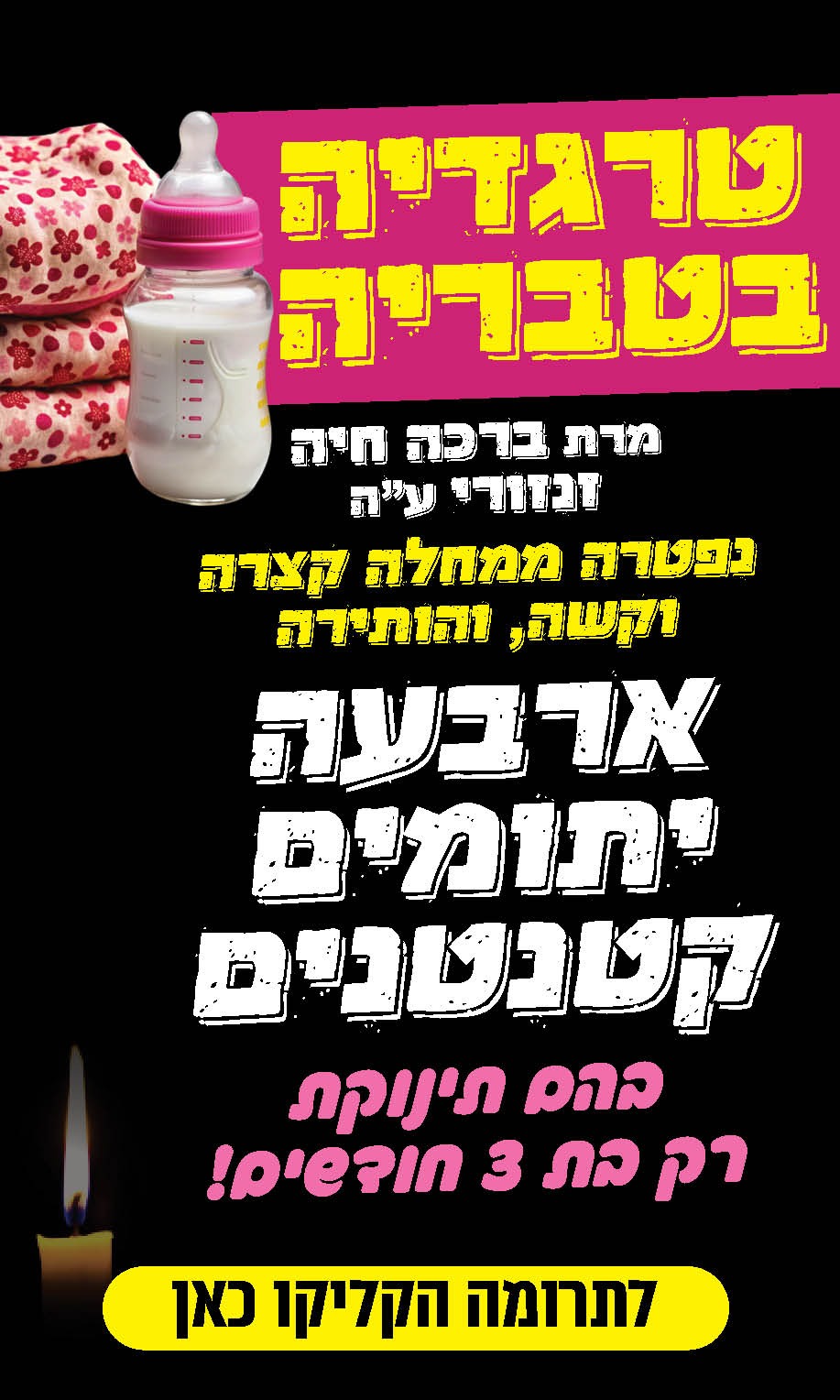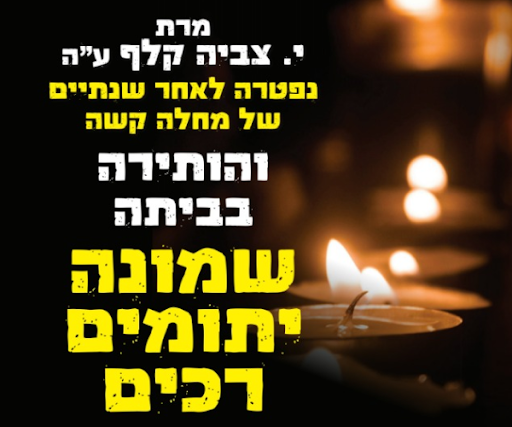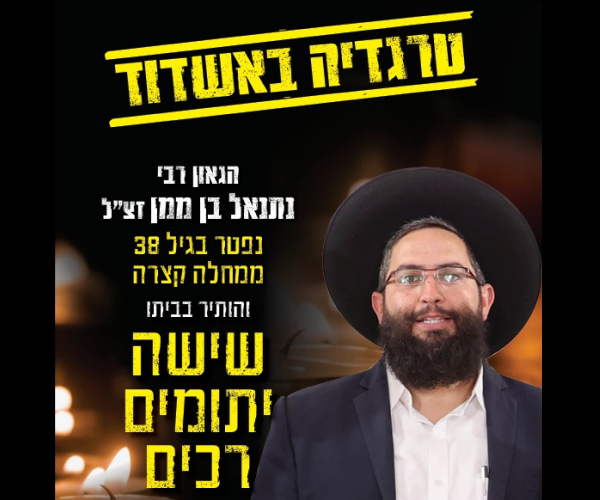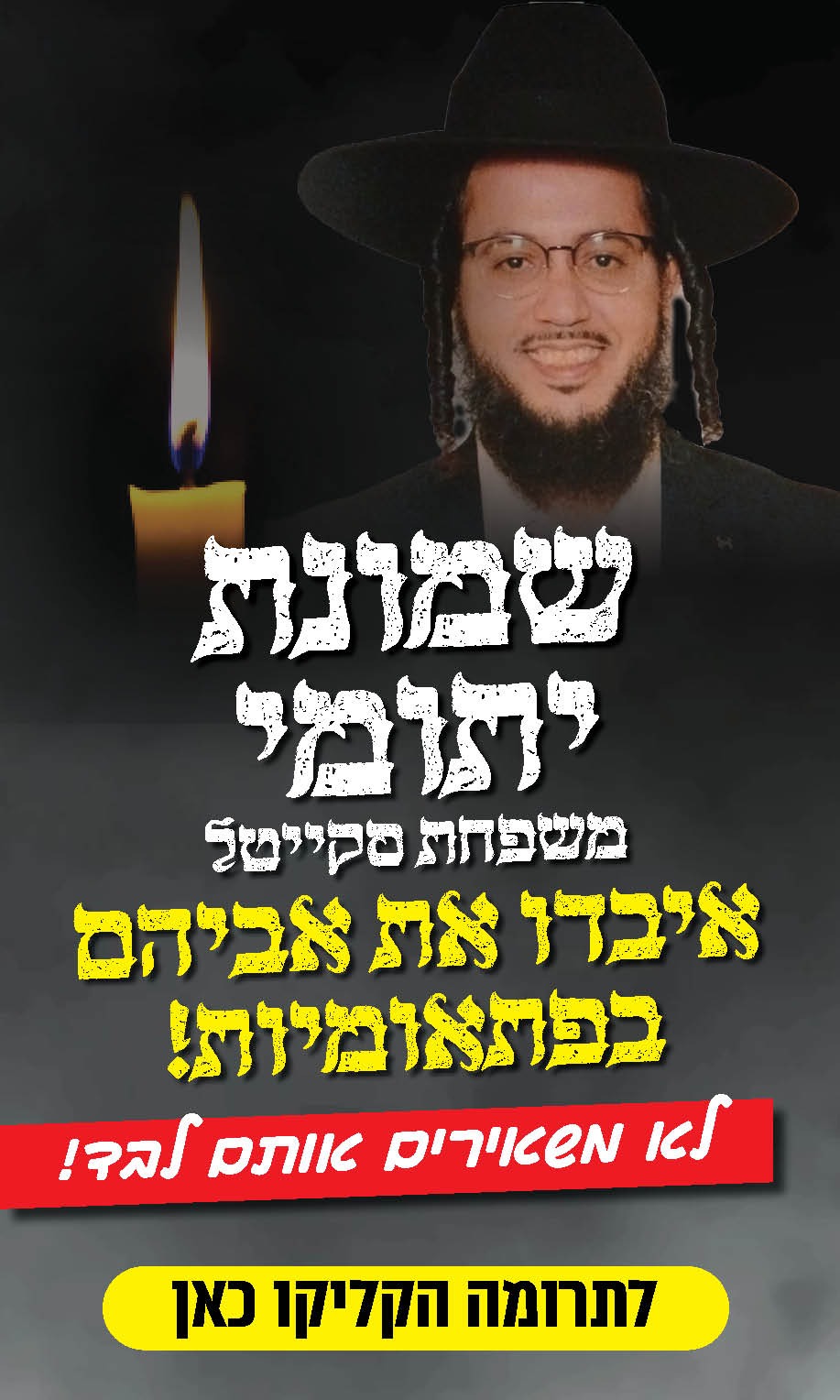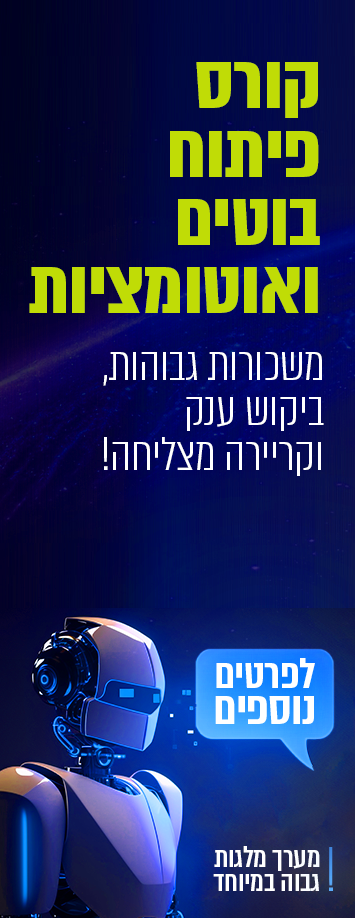Rabbi Shay Tahan
משתמש חדש
Is President Trump the World's Strongest or Weakest Leader? Uncovering Who Really Holds the Power
Rabbi Shay Tahan
"Will President Trump be good for the Jewish people? Will he be good for Israel? Is President Trump better for us than Harris? Will he stop Iran's nuclear ambitions?" These are the talking points circulating everywhere now—in the media, newspapers, in phone conversations, stores, streets, and even in shuls. The reason for this fervent discussion is the widespread perception that the newly elected president of the United States is the world’s most powerful leader, and has the ability to ultimately shape the next four years. And closer to home, the Jewish community wonders how his policies will impact us directly.
Surprise! According to the Torah’s perspective—the true outlook on life—the president is actually among the least powerful people in the world, perhaps even helpless. Why is that? Let’s delve into the Torah’s perspective and reshape our mindset accordingly.
Shlomo Hamelech in Mishlei says: "The heart of the king is like streams of water in the hand of Hashem; He directs it wherever He desires" (Mishlei 21:1).
Rabbi Yishmael explains (Midrash Mishlei): "Streams of water are in Hashem's hand." Just as water, when placed in a container, can be directed to flow in any direction you choose, so too when a person rises to kingship, his heart is in the hands of the Hashem. If the world is deserving, Hashem will incline the king’s heart toward positive decrees, but if the world is not deserving, Hashem will incline the king’s heart toward negative decrees. Any decree that a king issues do not originate from him alone; rather, it first comes from Hashem. Therefore, the pasuk says, "He directs it wherever He desires."
The Torah’s teachings on free choice highlight Hashem’s deep respect for human agency. On one hand, Hashem urges us to choose a righteous path and avoid evil, yet each person is given the autonomy to make their own choices, for good or bad, without divine interference. This approach grants individuals the dignity of self-determination, along with the responsibility for the consequences of their choices, whether positive or negative.
Free choice is foundational to a life of purpose and growth. It enables individuals to develop spiritually, learn from their experiences, and build an authentic relationship with Hashem based on freely made decisions rather than compulsion. This freedom, however, also entails accountability: those who choose good draw closer to Hashem and merit reward, while those who choose otherwise face the results of their actions. In this way, each person’s choices shape not only their own destiny but also their influence on the world around them.
However, Chazal tell us there is one exception: the king. The heart of a king is completely in Hashem’s control, influenced according to Hashem’s will. Metaphorically, a king is held by strings, and Hashem moves these strings to direct the king's actions as He sees fit (see Malbim, Ralbag on Mishlei).
The reason for this distinction is that while a person's choices determine their own destiny and directly affect only those within their immediate circle, Hashem allows them the freedom to choose and either merit reward or suffer consequences for their actions. A king’s decisions, however, have far-reaching effects on many others—his nation or, in the case of the U.S. president, potentially the entire world. Since no one holds the right to determine the fate of the entire world except Hashem, He alone directs and influences the king's heart to align with His divine will (Malbim).
The Gemara (megilah 11, 1) further illustrates this concept with the decree in the time of Haman. The pasuk, "A song of ascents: If not for Hashem who was on our side, let Israel now say, if not for Hashem who was on our side when a man rose up against us" (Tehillim 124:1-2), uses the word "man" rather than "king," emphasizing that Haman was not a king. The Maharatz Chayot explains that if Haman had been a king, he would have been subject to Hashem’s control, as it says, "The hearts of kings and rulers are in the hand of Hashem." Evil enacted by a king is a reflection of Hashem’s judgment. But since Haman was merely a man with free will, he acted on his own wickedness, without Hashem’s direct influence. Therefore, the pasuk highlights that only with Hashem's help were the Jews able to overcome him, as he had acted out of personal choice and not as a controlled ruler.
The concept above seems to be contradicted by a Gemara (brachot 55, 1) that teaches us to pray for a good king, implying that it is within the king's choice to be good or bad. Moreover, the Gemara derives this from the pasuk in Mishlei, which leaves us wondering: If the verse says that the heart of the king is in Hashem's hand, how can the king's actions be considered his own choice?
An even more challenging question arises: Why would Hashem punish Pharaoh for his evil actions if they were ultimately not within his control? Furthermore, why would Hashem hold other oppressive leaders accountable throughout history for the harm they caused, if their choices were also directed by divine will? We obviously don’t believe that people like Hitler would go unpunished.
The answer, as explained by the Rambam (hilchot teshuva), is that every person, including a king, has the choice to do good or bad. However, there are times when Hashem removes that ability. Before a king is appointed, while he is still a private individual, he has the choice to be a good or bad leader. At that stage, we pray that a righteous and benevolent leader will be chosen. This means that Hashem will bring blessings through a kindhearted leader, while harsh decrees come through a wicked one. If our prayers are answered, a well-meaning leader is appointed. Once he assumes power, however, Hashem directs his actions, ensuring that every decision aligns with His divine plan.
Thus, a wicked leader will be punished for all the harm done, even if he was no longer in control of his actions. This is because Hashem judges the wicked based on their inner will and intent, punishing them for their malicious desires, regardless of their actual power at the time.
This concept is found in the Gemara (Masechet Kiddushin 40a), which states, "Machshava ra'ah ein Hakadosh Baruch Hu metzarfa lema'aseh," meaning that Hashem does not typically punish for evil intentions alone unless they become actions. However, there are exceptions for wicked people, where their intent itself is considered part of their guilt. The mefarshim explain that, for regular people, Hashem does not punish for intentions alone, as they might change their minds before acting. But in the case of truly evil individuals, Hashem may punish even for their intent, as they are unlikely to abandon their harmful plans.
Another approach is offered by the Nodah BiYehudah (in the Tzlach), who explains the Gemara's teaching on praying for a good king. He suggests that we should not only pray before a king is appointed, asking that a good leader be chosen, but also continue praying after the appointment that he remains righteous and benevolent in his rulership.
Conclusion: Although the Jewish community at large is pleased with the appointment of a president who seems to be a friend of the Jewish people and the State of Israel, and we wish him well, from this point forward it is Hashem who fully guides his actions. Ultimately, our merits will influence whether his leadership brings outcomes that are favorable or otherwise.
Rabbi Shay Tahan
"Will President Trump be good for the Jewish people? Will he be good for Israel? Is President Trump better for us than Harris? Will he stop Iran's nuclear ambitions?" These are the talking points circulating everywhere now—in the media, newspapers, in phone conversations, stores, streets, and even in shuls. The reason for this fervent discussion is the widespread perception that the newly elected president of the United States is the world’s most powerful leader, and has the ability to ultimately shape the next four years. And closer to home, the Jewish community wonders how his policies will impact us directly.
Surprise! According to the Torah’s perspective—the true outlook on life—the president is actually among the least powerful people in the world, perhaps even helpless. Why is that? Let’s delve into the Torah’s perspective and reshape our mindset accordingly.
Shlomo Hamelech in Mishlei says: "The heart of the king is like streams of water in the hand of Hashem; He directs it wherever He desires" (Mishlei 21:1).
Rabbi Yishmael explains (Midrash Mishlei): "Streams of water are in Hashem's hand." Just as water, when placed in a container, can be directed to flow in any direction you choose, so too when a person rises to kingship, his heart is in the hands of the Hashem. If the world is deserving, Hashem will incline the king’s heart toward positive decrees, but if the world is not deserving, Hashem will incline the king’s heart toward negative decrees. Any decree that a king issues do not originate from him alone; rather, it first comes from Hashem. Therefore, the pasuk says, "He directs it wherever He desires."
The Torah’s teachings on free choice highlight Hashem’s deep respect for human agency. On one hand, Hashem urges us to choose a righteous path and avoid evil, yet each person is given the autonomy to make their own choices, for good or bad, without divine interference. This approach grants individuals the dignity of self-determination, along with the responsibility for the consequences of their choices, whether positive or negative.
Free choice is foundational to a life of purpose and growth. It enables individuals to develop spiritually, learn from their experiences, and build an authentic relationship with Hashem based on freely made decisions rather than compulsion. This freedom, however, also entails accountability: those who choose good draw closer to Hashem and merit reward, while those who choose otherwise face the results of their actions. In this way, each person’s choices shape not only their own destiny but also their influence on the world around them.
However, Chazal tell us there is one exception: the king. The heart of a king is completely in Hashem’s control, influenced according to Hashem’s will. Metaphorically, a king is held by strings, and Hashem moves these strings to direct the king's actions as He sees fit (see Malbim, Ralbag on Mishlei).
The reason for this distinction is that while a person's choices determine their own destiny and directly affect only those within their immediate circle, Hashem allows them the freedom to choose and either merit reward or suffer consequences for their actions. A king’s decisions, however, have far-reaching effects on many others—his nation or, in the case of the U.S. president, potentially the entire world. Since no one holds the right to determine the fate of the entire world except Hashem, He alone directs and influences the king's heart to align with His divine will (Malbim).
The Gemara (megilah 11, 1) further illustrates this concept with the decree in the time of Haman. The pasuk, "A song of ascents: If not for Hashem who was on our side, let Israel now say, if not for Hashem who was on our side when a man rose up against us" (Tehillim 124:1-2), uses the word "man" rather than "king," emphasizing that Haman was not a king. The Maharatz Chayot explains that if Haman had been a king, he would have been subject to Hashem’s control, as it says, "The hearts of kings and rulers are in the hand of Hashem." Evil enacted by a king is a reflection of Hashem’s judgment. But since Haman was merely a man with free will, he acted on his own wickedness, without Hashem’s direct influence. Therefore, the pasuk highlights that only with Hashem's help were the Jews able to overcome him, as he had acted out of personal choice and not as a controlled ruler.
The concept above seems to be contradicted by a Gemara (brachot 55, 1) that teaches us to pray for a good king, implying that it is within the king's choice to be good or bad. Moreover, the Gemara derives this from the pasuk in Mishlei, which leaves us wondering: If the verse says that the heart of the king is in Hashem's hand, how can the king's actions be considered his own choice?
An even more challenging question arises: Why would Hashem punish Pharaoh for his evil actions if they were ultimately not within his control? Furthermore, why would Hashem hold other oppressive leaders accountable throughout history for the harm they caused, if their choices were also directed by divine will? We obviously don’t believe that people like Hitler would go unpunished.
The answer, as explained by the Rambam (hilchot teshuva), is that every person, including a king, has the choice to do good or bad. However, there are times when Hashem removes that ability. Before a king is appointed, while he is still a private individual, he has the choice to be a good or bad leader. At that stage, we pray that a righteous and benevolent leader will be chosen. This means that Hashem will bring blessings through a kindhearted leader, while harsh decrees come through a wicked one. If our prayers are answered, a well-meaning leader is appointed. Once he assumes power, however, Hashem directs his actions, ensuring that every decision aligns with His divine plan.
Thus, a wicked leader will be punished for all the harm done, even if he was no longer in control of his actions. This is because Hashem judges the wicked based on their inner will and intent, punishing them for their malicious desires, regardless of their actual power at the time.
This concept is found in the Gemara (Masechet Kiddushin 40a), which states, "Machshava ra'ah ein Hakadosh Baruch Hu metzarfa lema'aseh," meaning that Hashem does not typically punish for evil intentions alone unless they become actions. However, there are exceptions for wicked people, where their intent itself is considered part of their guilt. The mefarshim explain that, for regular people, Hashem does not punish for intentions alone, as they might change their minds before acting. But in the case of truly evil individuals, Hashem may punish even for their intent, as they are unlikely to abandon their harmful plans.
Another approach is offered by the Nodah BiYehudah (in the Tzlach), who explains the Gemara's teaching on praying for a good king. He suggests that we should not only pray before a king is appointed, asking that a good leader be chosen, but also continue praying after the appointment that he remains righteous and benevolent in his rulership.
Conclusion: Although the Jewish community at large is pleased with the appointment of a president who seems to be a friend of the Jewish people and the State of Israel, and we wish him well, from this point forward it is Hashem who fully guides his actions. Ultimately, our merits will influence whether his leadership brings outcomes that are favorable or otherwise.
 הנושאים החמים
הנושאים החמים
 הנושאים החמים
הנושאים החמים










